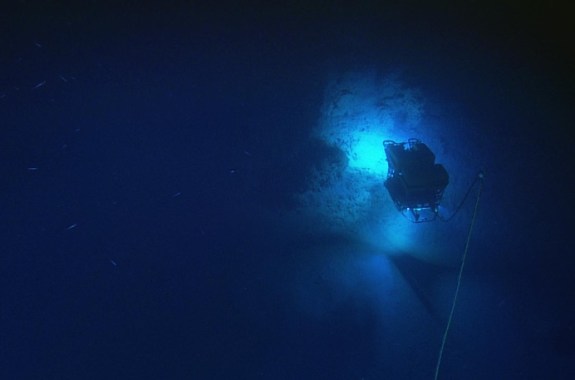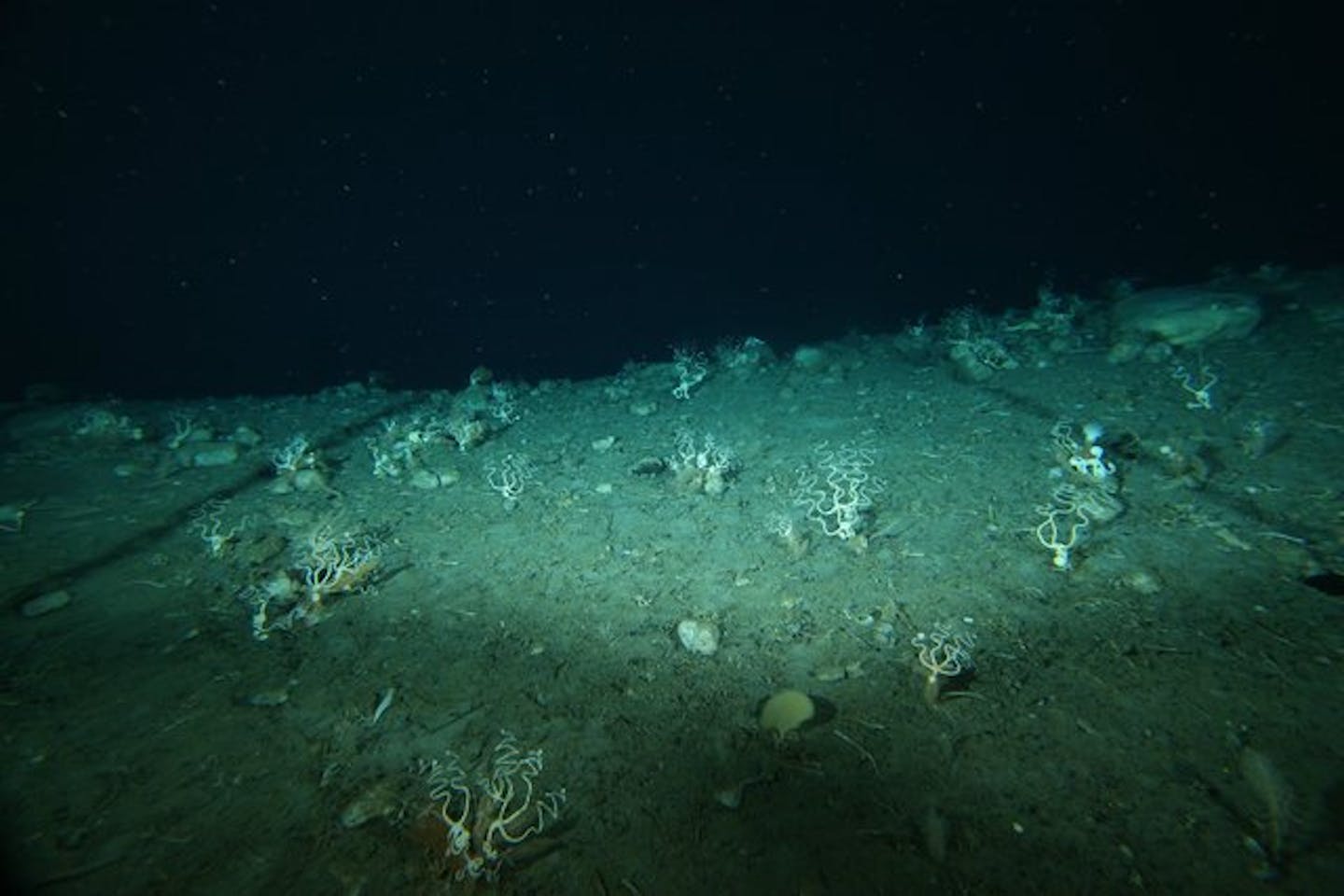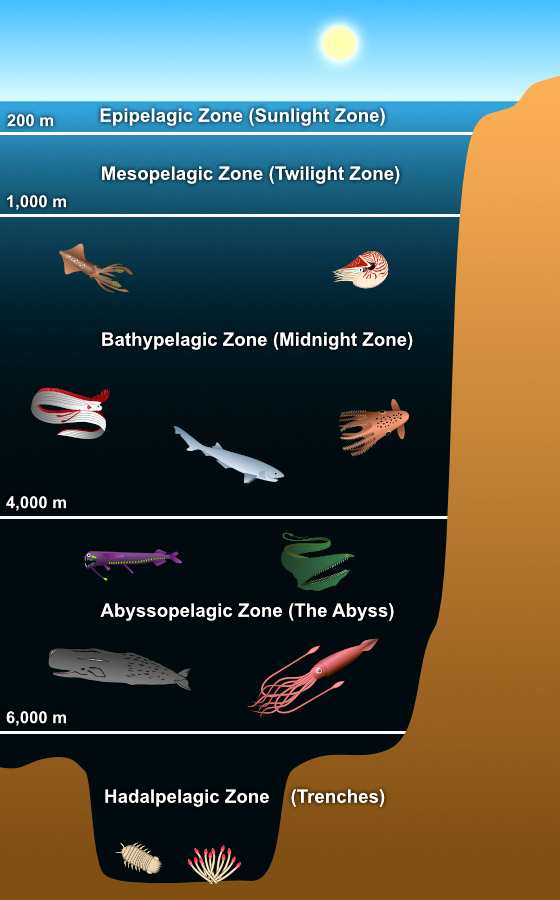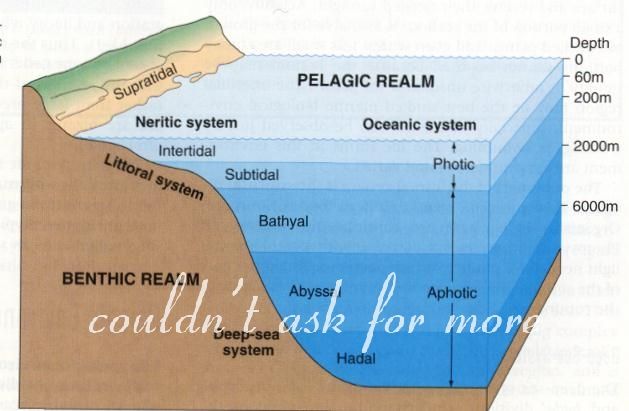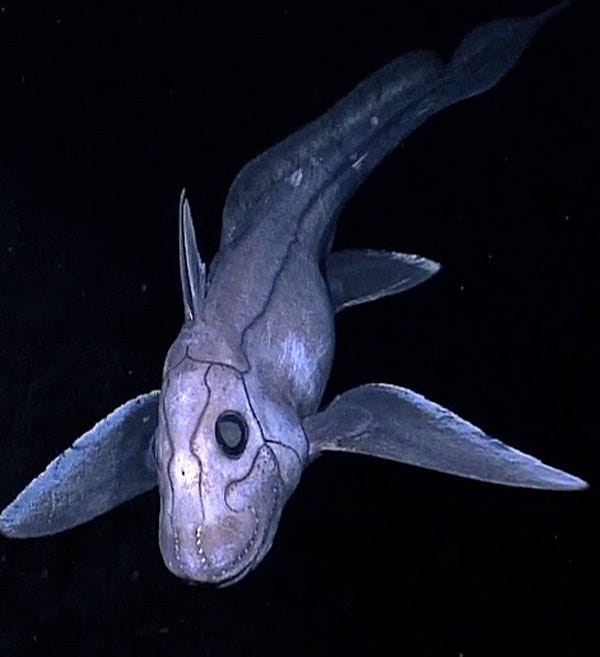Finely varved sediments from areas of rapid deposition provide a high resolution record of past climate variation and volcanic ash layers contribute to the comprehensive study of climate change on relatively short timescales.
Why is studying the deep ocean and ocean floor important.
This is because of the extreme conditions found there.
Unlocking the mysteries of deep sea ecosystems can reveal new sources for medical drugs food energy resources and other products.
The ocean floor no one has ever walked the sea floor and few have even seen it.
A person standing on the sea floor would be under tremendous pressure from the overlaying water.
Ocean science is interdisciplinary and includes themes that are relevant in math geology biology geographic information systems remote sensing ecology physics and more.
The pressure is hundreds of times greater than the atmospheric pressure.
Oceans control the earth s weather as they heat and cool humidify and dry the air and control wind speed and direction.
Can increase the relevance of studying the ocean floor and help increase students excitement for learning.
It is dark and the temperature is close to freezing.
Sea floor sediment provide an invaluable key to past climate change.
The pacific ocean is the largest and the deepest ocean.
Deep ocean docx study of deep ocean and ocean floor is important for various reasons.
View this answer studying the deep ocean and ocean floor is important because of these following reasons.
The pacific ocean is the largest and the deepest ocean.
See full answer below.
Information from ocean exploration is important to everyone.
There is still much to learn about the deep ocean and its.
To the ocean floor oceanography is a science that draws upon the methods and knowledge of geology chemistry physics and biology to study the ocean.
Why study the ocean.
Project results continue to play a critical role in deciding how to manage this valuable global resource.
Why is studying the deep ocean and ocean floor important to the ocean floor oceanography is a science that draws upon the methods and knowledge of geology chemistry physics and biology to study the ocean.
Most submersible dives follow a similar pattern emphasizing bottom transecting collecting and photographing specimens.







